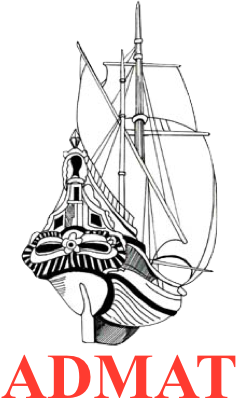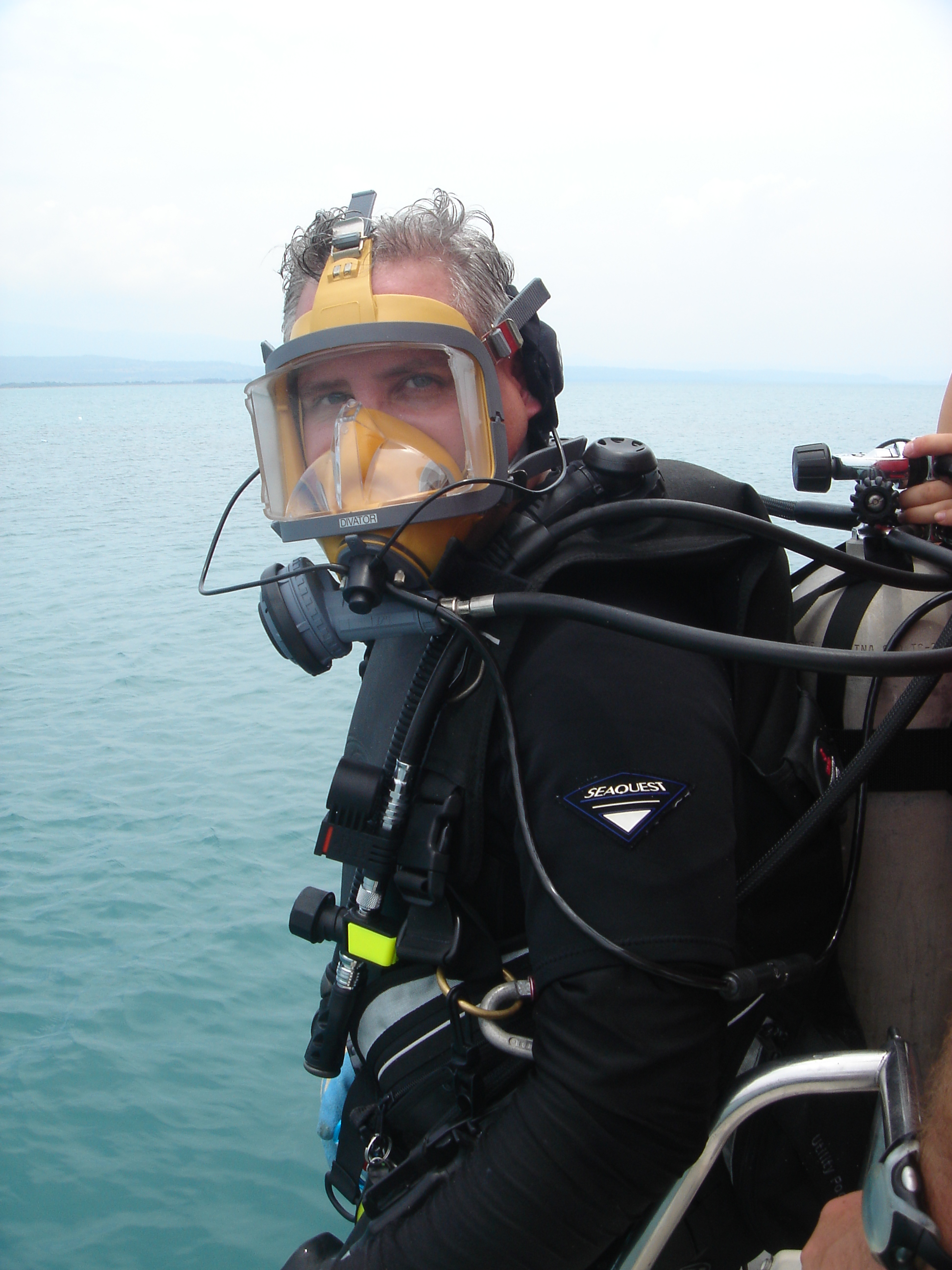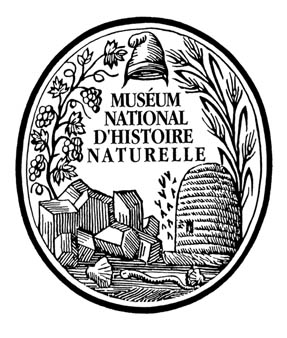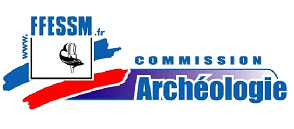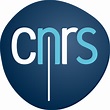Personal Equipment Requirements
Team Members are required to provide their own personal diving equipment (EXCEPT WEIGHTS AND TANKS). This includes BCD's, full wetsuit, mask and snorkel, fins, Diving Computer, Weight Belts (not shot belts) Hard Soled Booties, Large Underwater Slate, Diving Knife, 1 pair of heavy duty gardening gloves (for underwater work and surface work) and Alternate Air Sources eg: Octopus. In addition they will be required to bring, sun hat, suntan cream, 2 water bottles (please put your name on them) and sunglasses, Full length 3 mill wetsuites are required - you will need full body protection from the sun due to the shallow depth.
In addition the following diving equipment is recommended: Delayed Surface Marker Buoy and Reel, Knee Pads, Spare Mask and Fin Straps. It is advisable that the following items are also packed: large beach towel, high factor sun screen, toiletries, personal medication, personal first aid kit, walking or hiking boots, insect repellent, torch, light jacket or sweat shirt, long trousers/ leggings. In addition to your suitcase or backpack, a small rucksack/ Dive bag to take your kit out with you in the day will be needed. You may find it useful to bring your own notebook, hand-tape, pencils and pens. However, all equipment necessary for the fieldwork will be provided.
Field Communications
The accommodation does have mobile phones.
Field Supplies
It is unnecessary to pack too many warm clothing for the project. Just bring a fleece jumper etc for the odd cold day. But as well as shorts and T-shirts, lightweight long-sleeved tops and long, lightweight trousers are very useful when keeping covered up from the sun, or keeping off mosquitoes at night. Life jackets will be supplied onboard the boats. Sufficient high-factor sunscreen for the whole project, a large water bottle and a wide-brimmed hat are absolutely essential. It is advised that volunteers also bring insect repellent for mosquitoes.
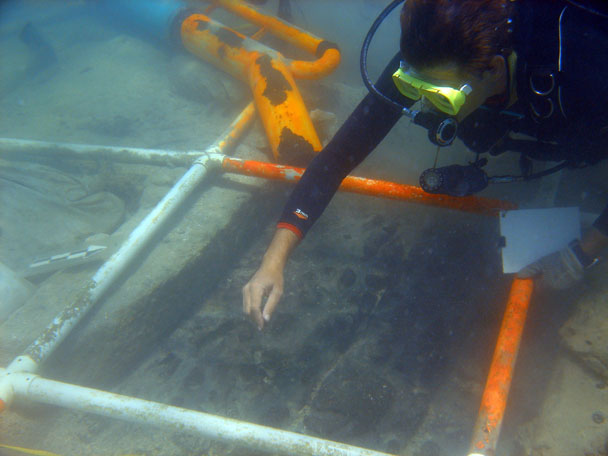
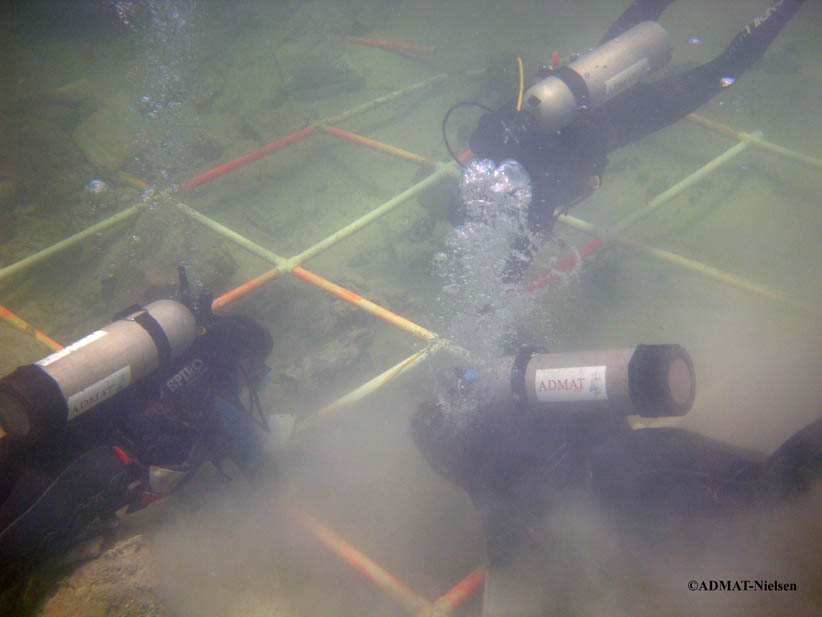
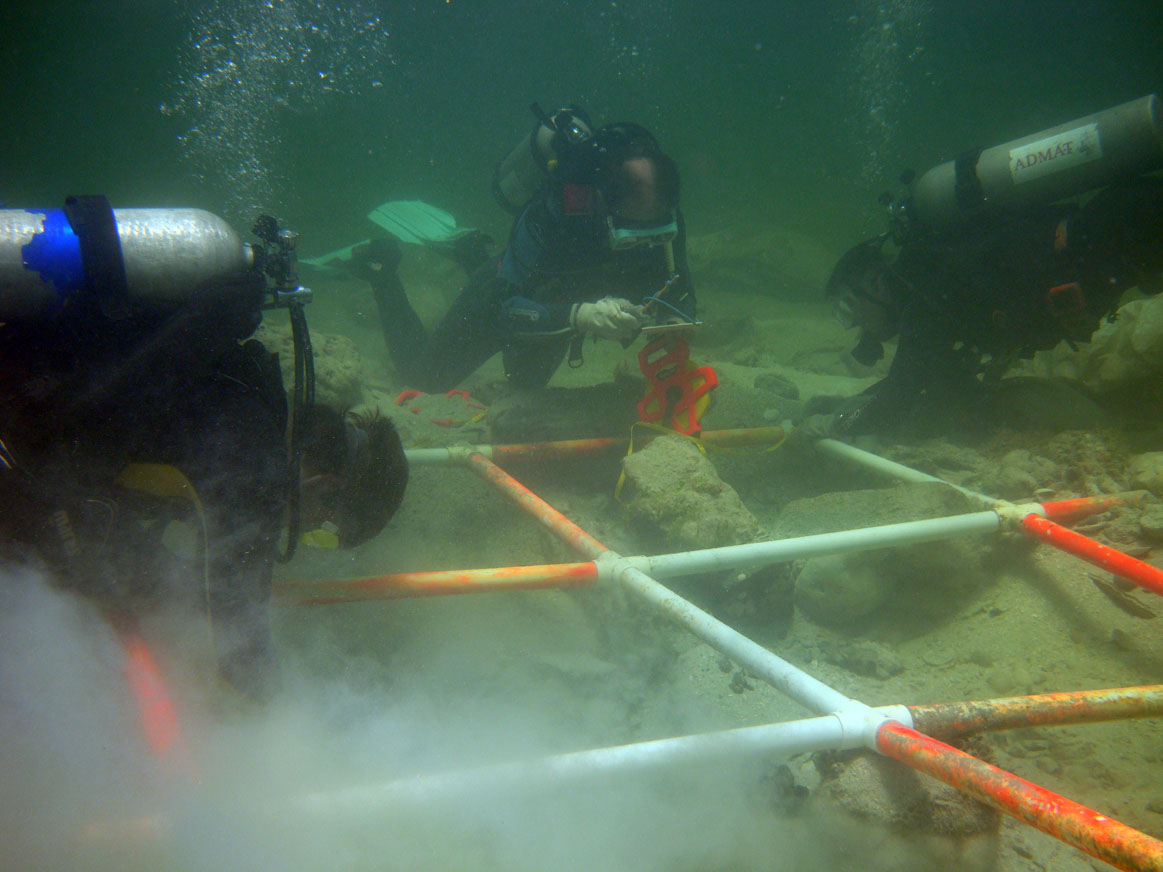
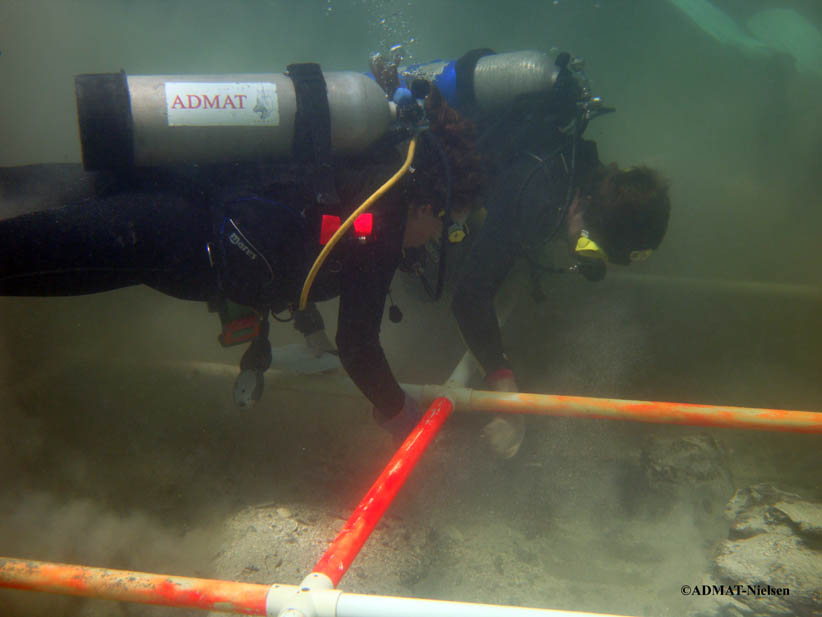
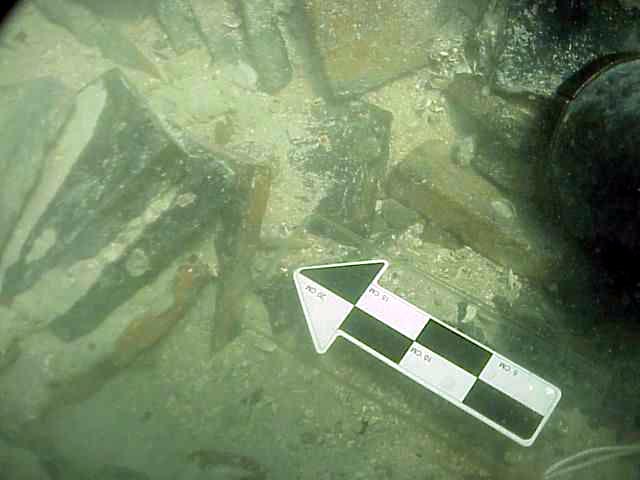
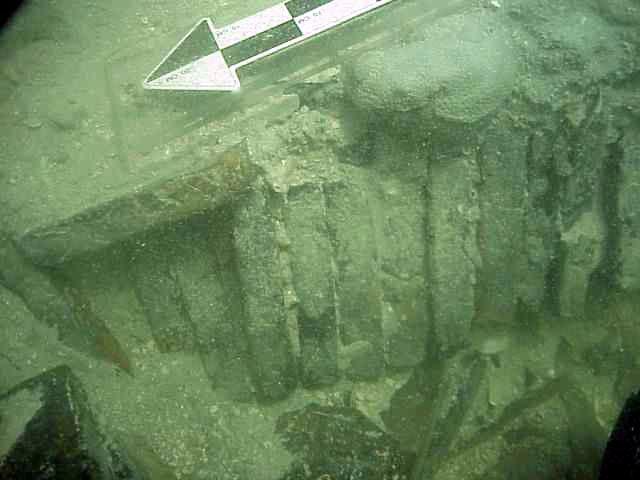
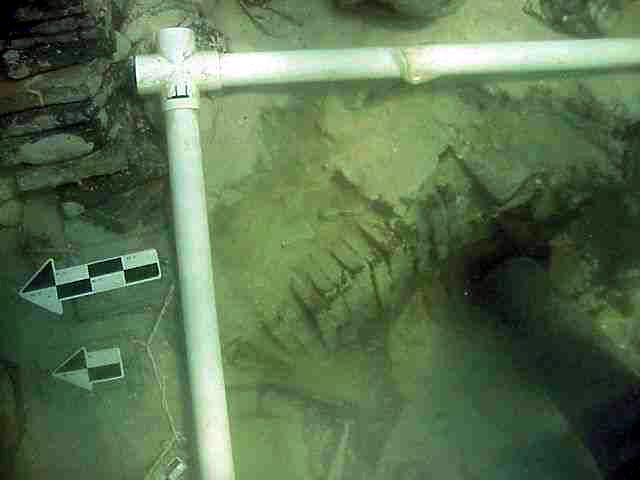

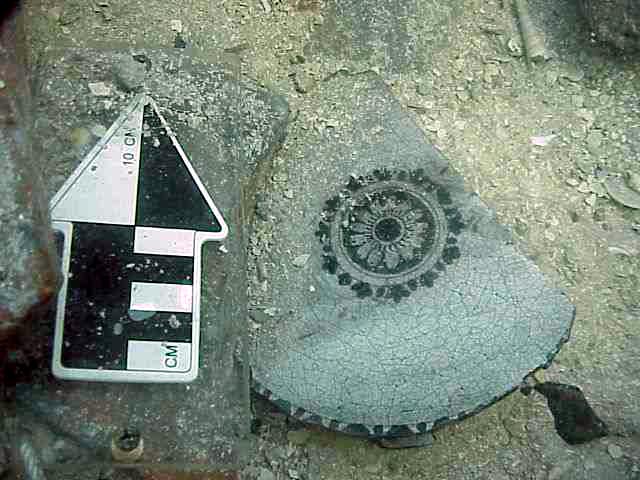
Insurance
It is required that all participants take out their own travel, medical and diving accident insurance. We recommend the DAN insurance which provides cover for all eventualities. The information on the DAN insurance is: https://www.diversalertnetwork.org/insurance/.
For participants in Europe the web site is: https://www.daneurope.org/eng/regionalnews_uff16.htm
Physical Condition/Medical Advice
The field school will not involve very strenuous, physically demanding activity, but a generally good standard of fitness is essential for diving for long periods of time and carrying out survey work.
The greatest physical challenge will be acclimatising to and working in the heat. Participants should be prepared to apply high factor sunscreen regularly, and to drink at least 4 pints of water per day to avoid dehydration. Participants should check with their doctor about necessary injections, but an up-to-date tetanus injection is essential for manual work in any part of the world.
Team Members assume all responsibility for any medical condition and should consult their doctor if they have any medical conditions that are not compatible with strenuous diving activity. It will be a requirement that all participants, howsoever named, accept this clause when they make their reservation. They will also be required to sign the World Recreational Scuba Training Council Medical Statement, Liability Release, Safe Diving Practices, as well as any other ADMAT documents. These documents can be found in the Student Forms Section, under Projects, and must be down loaded, completed and sent to ADMAT prior to the commencement of the project.
ADMAT's maritime archaeological work on this wreck site was assisted by ADMAT-FRANCE a non profit organisation based in the Institut de Paléontologie Humaine, Muséum National d’Histoire Naturelle, Paris.
ADMAT-FRANCE is a sub division of the Anglo ~ Danish Maritime Archaeological Team
ADMAT is delighted to have an association with Muséum Nationald’Histoire Naturelle at Paris, départememt Préhistoire, UMR-CNRS 7194.
